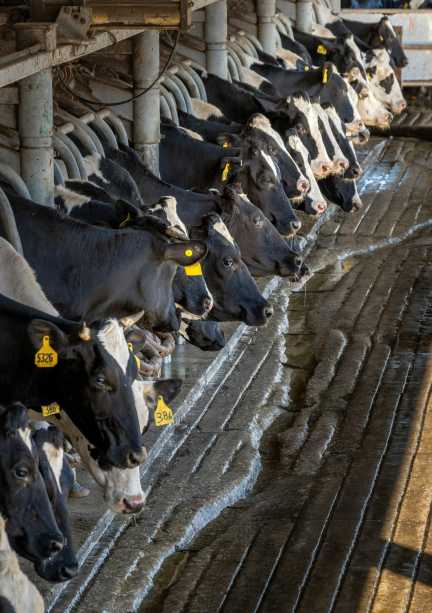In recent years, there has been a growing emphasis on sustainability in production practices across industries worldwide. With increased awareness about the environmental impact of our actions, companies are realizing the importance of adopting sustainable practices to minimize their carbon footprint and preserve the planet for future generations.
Sustainability in production practices refers to the use of methods and techniques that are environmentally friendly and socially responsible. This includes using renewable resources, reducing waste and emissions, and ensuring fair labor practices. By incorporating sustainability into their operations, companies can not only protect the environment but also improve their reputation, attract customers, and save costs in the long run.
One of the key aspects of sustainable production practices is the use of renewable resources. This includes using materials that can be replenished naturally, such as wood from sustainably managed forests or water from renewable sources. By using renewable resources, companies can reduce their dependence on finite resources like fossil fuels and minimize their impact on the environment.
Another important aspect of sustainability in production practices is reducing waste and emissions. This can be achieved through the implementation of waste reduction strategies, recycling programs, and energy-efficient technologies. By reducing waste and emissions, companies can lower their environmental impact and contribute to a healthier planet.
In addition to environmental considerations, sustainability in production practices also involves ensuring fair labor practices. This includes providing safe working conditions, fair wages, and opportunities for professional development to all employees. By treating their workers well, companies can improve employee satisfaction, reduce turnover rates, and attract top talent.
There are many benefits to incorporating sustainability into production practices. One of the biggest advantages is the positive impact it has on the environment. By using renewable resources and reducing waste and emissions, companies can help conserve natural resources and protect ecosystems. This can lead to cleaner air and water, healthier forests and oceans, and a more sustainable planet overall.
Sustainability in production practices also has economic benefits. By reducing waste and energy consumption, companies can lower their operational costs and increase their efficiency. This can lead to higher profits, improved competitiveness, and greater resilience to market fluctuations. In addition, companies that adopt sustainable practices often enjoy a positive reputation among consumers, which can result in increased sales and customer loyalty.
Furthermore, sustainability in production practices can help companies comply with regulations and meet the expectations of stakeholders. As governments around the world implement stricter environmental standards, companies that do not prioritize sustainability may face fines, lawsuits, or reputational damage. By embracing sustainable practices, companies can demonstrate their commitment to social responsibility and build trust with investors, customers, and employees.
To incorporate sustainability into their production practices, companies can take several steps. One of the first things they can do is conduct a sustainability audit to assess their current impact on the environment and identify areas for improvement. Companies can then develop a sustainability strategy with clear goals and targets for reducing waste, emissions, and resource consumption.
Companies can also invest in sustainable technologies and practices, such as energy-efficient machinery, renewable energy sources, and green packaging materials. By making these investments, companies can lower their environmental impact and increase their competitiveness in the market. Additionally, companies can collaborate with suppliers and partners who share their commitment to sustainability, creating a more sustainable supply chain.
In conclusion, sustainability plays a crucial role in production practices across industries. By using renewable resources, reducing waste and emissions, and ensuring fair labor practices, companies can protect the environment, save costs, and improve their reputation. Embracing sustainability can lead to a more sustainable future for all, and it is essential for companies to prioritize sustainability in their production practices. By doing so, they can create a positive impact on the planet and society while also ensuring their own long-term success.

